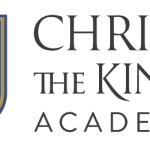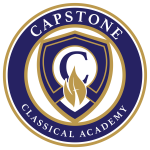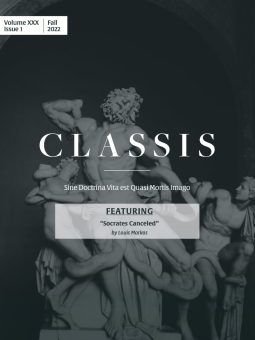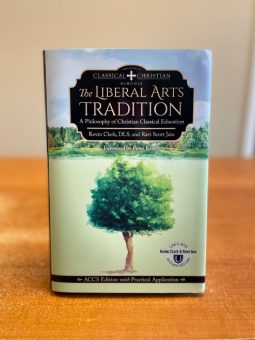Lecture vs. Socratic Method
Students who learn to collaborate in discussion make for productive team members in every area of life
Lecture Method
The currency of progressive schools is information-based testing. Standardized tests, whiteboard lectures, teach-and-test methods, and front facing desks are the defining environment for most Christian schools.
What you might see: Lectures and textbook reading take up most of the time even in history and literature classes. Teachers often use PowerPoint, or a pre-set guide for teaching a particular subject matter. Engaging with original documents is optional, and great works and thinkers are often condensed to readable summaries that can be found online.
The Bottom Line: Lectures, although they are sometimes useful to convey much needed information for future learning, fosters a passive form of learning. In the long run, teachers who only use lectures make docile students who are willing to submit to any authority standing at the podium. Some call this the “white-lab coat” effect.
The Results: Students who are taught to be amenable to all authority are far more likely to embrace the pieties of the modern age as they enter the University and the workforce. Progressives always intended for students to be obedient and unquestioning to the ideas taught in the classroom.
Socratic Discussion
A CCE cornerstone is Socratic discussion—respectful deliberation and analysis between teachers and students, usually based on a question designed to provoke thought on a topic. Students express ideas, engage with others, and search for answers on their own. This practice teaches students to identify good and logical arguments from bad and illogical ones, and to express ideas well. It impacts writing habits, encourages self-motivated reading, and creates students who pursue Truth.
What you might see notice: The original text is paramount to a productive and healthy Socratic discussion. Students seek to understand thinkers as they understood themselves. CCE students spend more time engaging and discussing, and often read original sources before class. Teachers, although they may not be trained in teaching, have a passion for the text and the subject matter. Students, in turn, feed off of this energy and are much more willing to engage with the ideas. This energy tends to create discussions that would never happen in the confines of a traditional lecture.
The Bottom Line: Those who are able to understand what another person understands, something essential to continuing a productive discussion, will be far better at communicating their ideas in the world. No other form of education today emphasizes oral presentation and exposition more than classical Christian education
The Results: It is often remarked that members of the modern workforce must learn to collaborate in groups. Not in the “group-project” sense, but in terms of creative development and innovation. Students who learn to collaborate in terms of a discussion will make for productive team members in every area of life.






